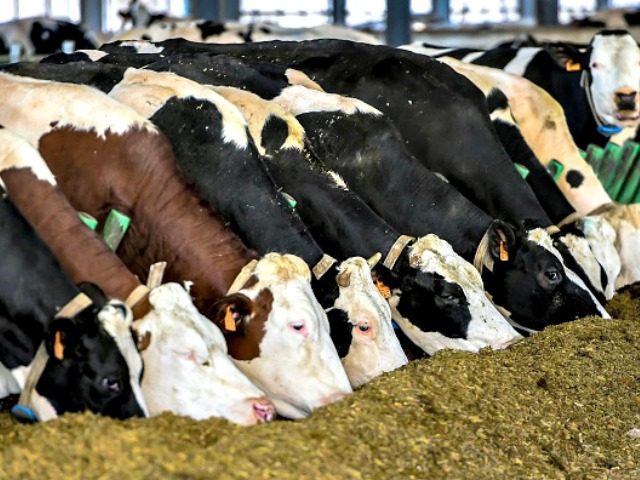Forget those New Year’s resolutions to finally stick to your exercise plan or to spend less money at Starbucks. Climate scientists at the University of California are suggesting a different kind of resolution — eat a low-emissions diet.
Public News Service reports:
Maya Almaraz, a postdoctoral researcher at the university, says while people may feel helpless when it comes to an issue as large as a warming planet, the data show that personal decisions really can have a big impact.
“We make food choices every day,” Almaraz said.“It’s an individual choice, so you may make them based on how you want to look or what you want your health to be.”
“Or you can choose to make them based on how you want to impact the planet,” Almaraz said in the report.
Almaraz said the most important change one can make to reduce methane and carbon pollution is putting less meat on your plate.
Eating fish instead can make “an eight-fold reduction in emissions, and switching to beans or lentils drops your footprint to almost zero,” according to Almaraz.
Almaraz also claims that if enough people cut back on meat, it “could offset the emissions from all cars on the road today,” PNS reported.
Almaraz said getting a hamburger from the farm to your plate causes a lot of pollution.
“When you produce a hamburger, what that takes is a lot of feed for those cows, so that requires a lot of land,” she states. “Cut down some forests, you grow corn, you grow oats, you grow barley – that requires a lot of fertilizer.”
The best diet, Almaraz said, is the Mediterranean diet, which consists of bean, nuts, and fish and chicken and red meat once a month.
Almaraz told PNS a “global adoption” of the Mediterranean diet could cut global warming as much as 15 percent by 2050.
According to beefusa.org, there are 913,246 total cattle and calf operations in the United States. Of those, 727,906 are beef farms and ranches. And 91% are family-owned or individually-operated businesses.

COMMENTS
Please let us know if you're having issues with commenting.